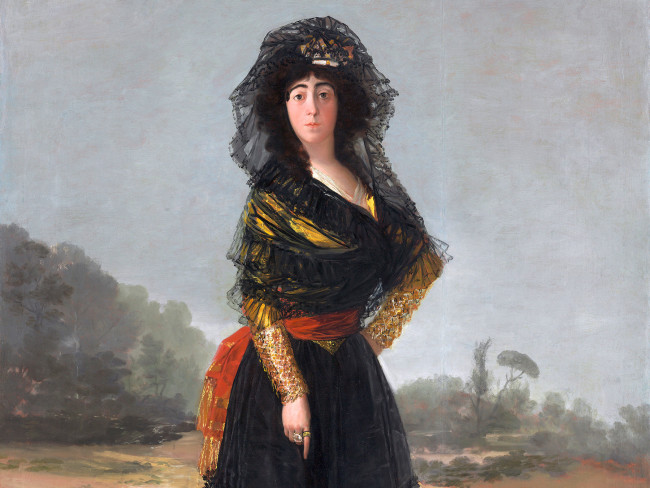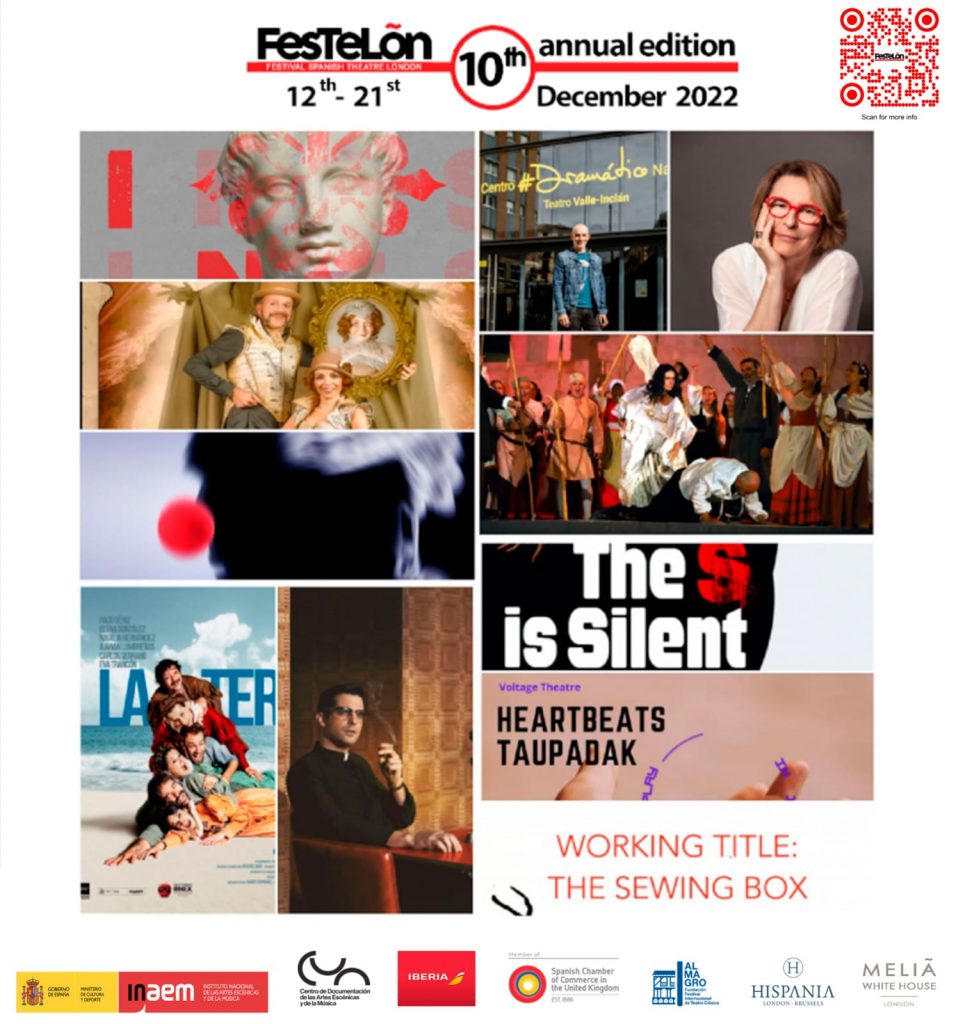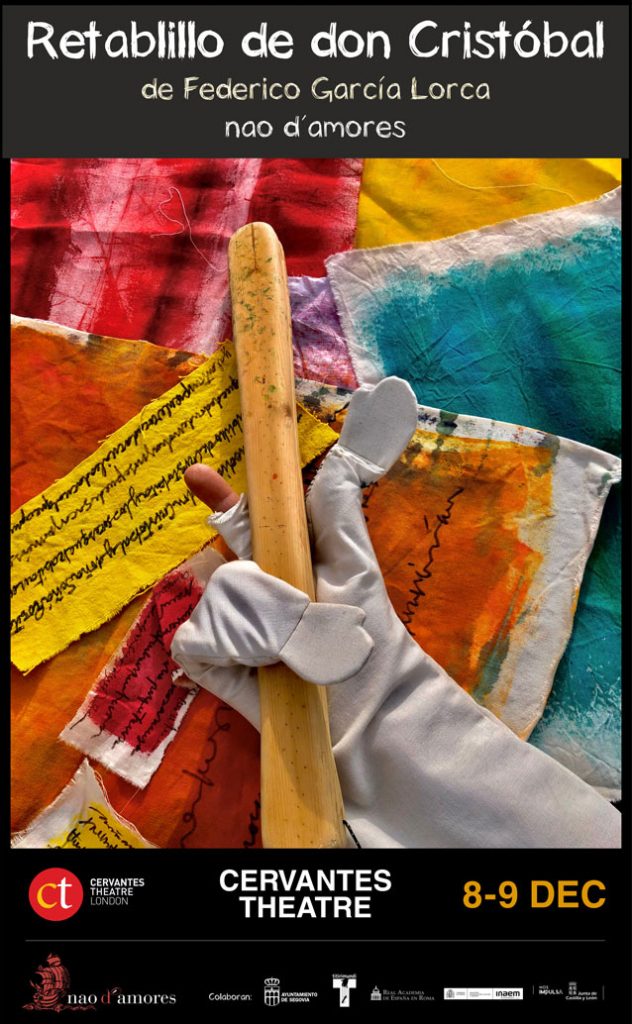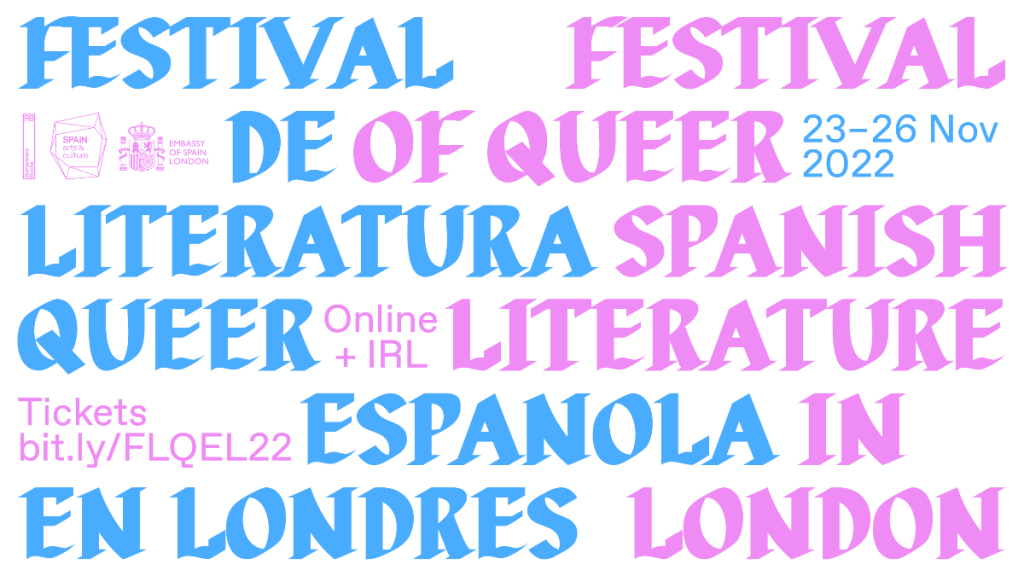E-LEemos. Amor en línea
E-LEemos is an online book club for students of Spanish and academic staff run by the Instituto Cervantes. Participants will have fun learning and reading stories adapted to their level of Spanish. The aims are to promote knowledge and learning of Spanish online through social reading and to improve the ability to read in a foreign language. The books are available through the Instituto Cervantes e-library. Conversations are moderated by the library and academic staff, with the authors also taking part. The current series will run between February and May and includes four sessions for different levels. See you there!
In February, the next series of E-LEemos starts. E-LEemos is an online book club for language learners aimed at students and teachers of Spanish, with the aim of improving communication and intercultural skills.
The book club helps students acquire and perfect language skills such as speaking, writing, listening and reading.
Amor en línea by Lourdes Miquel and Neus Sans follows the adventures of the detective Lola Lago, who’s back, stronger, braver, more seductive and more ironic than ever. In addition to her intuition, she now has more experience and can count on former partners and several young sidekicks. In this book, Margarita finds love online, but Lola Lago suspects that not everything is as nice as it seems.
Graded reader for learning Spanish as a foreign language. Level A2. Take part in our online book club for language learners and practise your Spanish!
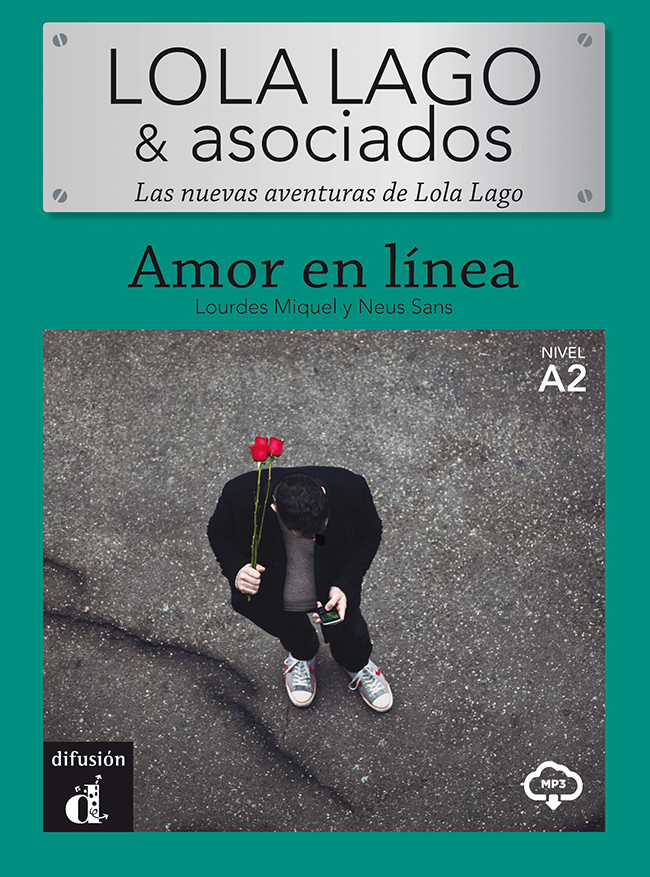
En febrero comienza la nueva temporada del club virtual de lectura E-LEemos, un club de lecturas graduadas en línea, dirigido a estudiantes y profesores de español, cuya finalidad es ofrecer lecturas graduadas para avanzar en la competencia comunicativa e intercultural.
Este club de lectura sirve para adquirir y perfeccionar destrezas lingüísticas, como son la expresión oral, la expresión escrita, la comprensión auditiva y la comprensión lectora.
Amor en línea, de Lourdes Miquel y Neus Sans, nos desvela las aventuras de la detective Lola Lago, que vuelve más fuerte, seductora, irónica y valiente que nunca. Además de su intuición, ahora tiene mucha más experiencia y cuenta con sus antiguos socios y con varios jóvenes colaboradores. En esta lectura, Margarita encuentra el amor en internet, pero Lola Lago sospecha que no todo es tan bonito como parece.
Lectura graduada para el aprendizaje de español como lengua extranjera. Nivel A2. ¡Participa en nuestro club virtual de lecturas graduadas y practica tu español!
International Seminar: The Education of a Christian Woman (1523) in the Construction of the Image of Female Power of Queen Mary I of England (1553-1558)
Arte, Poder y Género Research Group / MEFER Project / Instituto Cervantes London / British Spanish Society / University College London
Organisation: Emma Luisa Cahill Marrón.
Coordination: Laura Martínez Cayado.
Dates: 24-25 January 2023.
Format: Hybrid (In person/Zoom).
24 January: Instituto Cervantes (15-19 Devereux Ct, Temple, London) & 25 January: University College London (Common Ground, South Wing).
Registration: Free/Required. Please send an email to artepoderygenero@um.es
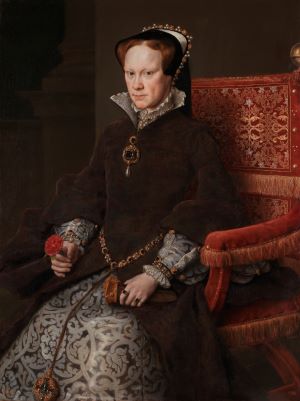
© Museo Nacional del Prado
This international seminar celebrates the 500-year anniversary of the first publication of The Education of a Christian Woman. It will focus on its patron, author, and dedicatee. It will address its impact on the construction of the image of female power in Tudor England. In 1523 De institutione feminae Christianae, the book’s first title, was published. The author was Spanish Humanist Juan Luis Vives (1493-1540) who at the time was also a Lecturer at Corpus Christi College in Oxford. The book was commissioned by his ‘only patron’, the Queen of England, Catherine of Spain, commonly known as Catherine of Aragon (1485-1536). It was written in Latin, the language of the New Learning movement it belongs to, and it focused on the three stages in which Vives divided a woman’s life: as a maiden, as a married woman and a matron, and as a widow. It was dedicated to Princess Mary Tudor future Queen Mary I (1516-1558). It was part
of a wider curriculum that Queen Catherine designed for her daughter’s formal training as first ‘heiress apparent’ to receive a formal Renaissance education in England. The book was an instant success throughout Europe with many reprints, and it became the most influential work of its kind in the Modern Age. The Education of a Christian Woman had an impact in the way that Queen Mary I constructed her image of power as the first Queen Regnant in English history. Despite this, Queen Catherine’s role as intellectual and financial patron is often overlooked and the connections between the manual and Mary I’s trailblazing propaganda as the first woman to be educated to rule
have yet to be explored.
This international seminar will focus both on visual arts and documentary evidence that deal with this important void in queenship historiography. Leading specialists in several fields will address topics like the Christian education of the daughters of Queen Isabella of Castile and the ties between the Spanish alliance and the construction of the image of female power in Tudor portraiture. Other important subjects will speak to Queen Mary I’s use of female recourses present in Vives’ work in the representations of the monarch as Queen Regnant, as ‘Mother of England’, and as married woman and queen consort of King Philip of Habsburg (1527-1598). Other experts will talk about Mary I’s role as first woman to exercise power and how this was translated after her reign. Another crucial topic that will be discussed is the growing historiographical trend that is brining into the light Mary I’s outstanding contributions in female rulership in Renaissance Europe.
PROGRAMME
24 January
Location: Instituto Cervantes. 15-19 Devereux Ct, Temple, London
5.00 pm – 5.45 pm
Acto inauguraL – Víctor Ugarte, Instituto Cervantes London. José Pascual Marco, Ambassador of Spain to the United Kingdom. Alexander Samson, University College London. Noelia García Pérez, University of Murcia.
5.45 pm – 6.15pm
Las mujeres cristianas en los intercambios de retratos entre la Monarquía Hispánica y la dinastía Tudor – Emma Luisa Cahill Marrón, Independent Scholar.
6.15 pm – 7.00 pm
Mary I & the Art of Queenship – Peter Stiffell, University of Kent.
7.00 pm – 8.00 pm. Roundtable
Educating the Eye: Gender, Power, and Representation in the Visual Arts in the Reign of Mary I – Karen Hearn, University College London. Johanna Strong, University of Winchester. Aoife Stables, Independent Scholar. Patricia Manzano Rodríguez. Durham University. Irini Picolou, Durham University.
8.00 pm – 8.30 pm. Vino español
25 January
Location: Common Ground, South Wing, University College London
9.30 am – 10.15 am
Before Vives. The Christian Education of the Daughters of Queen Isabella of Castile – Melania Soler Moratón, University of Murcia / University of Valladolid.
10.15 am – 11.00 am
Juan Luis Vives’ ‘Patronae Unicae’: Queen Catherine of Aragon and the Construction of the Image of Female Power in Tudor England – Emma Luisa Cahill Marrón, Independent scholar.
11.00 am – 11.45 am
Early Modern Women and the Archive – Alexander Samson, University College London.
11.45 pm – 1.45 pm. Lunch
1.45 pm – 2.30 pm
The Continued Instruction of Christian Women: Reprints of Vives – Valerie Schutte, Independent Scholar.
2.30 pm – 3.15 pm
The Power of Networks and The Networks of Power: The Development and Cultivation of Female Friendship by Mary I, for both Personal Solace, and Political Capital – Melita Thomas. University College London.
3.15 pm – 3.30 pm. Coffee break
3.30 pm – 4.30 pm. Roundtable
‘The Education of a Christian Woman’ in the Context of Queenly Education – Elena Woodacre, University of Winchester.
Participants:
Alexander Samson, University College London. Valerie Schutte, Independent scholar.
Melita Thomas, University College London. Emma Luisa Cahill Marrón, Independent
scholar.
Spain and the Hispanic World at the Royal Academy of Arts
From masterpieces by Goya and Velázquez to dazzling objects from Latin America, explore the art and culture of the Hispanic world in this landmark exhibition.
Discover the rich story of Spanish and Hispanic art and culture from the ancient world to the early 20th century through over 150 fascinating works: from masterpieces by El Greco, Zurbarán, Velázquez and Goya to sculptures, paintings, silk textiles, ceramics, lustreware, silverwork, precious jewellery, maps, drawings, illuminated manuscripts and stunning decorative lacquerware from Latin America.
The exhibition features the famous World Map of 1526 by Giovanni Vespucci, and culminates with Sorolla’s colourful, large-scale study for his monumental series of 14 paintings, Vision of Spain.
Founded in New York in 1904, the Hispanic Society Museum & Library is home to the most extensive collection of Spanish art outside of Spain. Presented for the first time in the UK, it will offer visitors a chance to trace the great diversity of cultures and religions – from Celtic to Islamic, Jewish and Christian – that have shaped and enriched what we today understand as Spanish culture.
21 January — 10 April 2023
Tues–Sun: 10am–6pm
Fri: 10am–9pm
Main Galleries, Burlington House, Royal Academy of Arts
Recent additions to our library: Hispanic literature translated into English
Find more books in our catalogue
¡Feliz Navidad y Próspero Año Nuevo!
El Instituto Cervantes de Londres permanecerá cerrado del 20 diciembre 2022 al 2 enero 2023, ambos inclusive. La biblioteca cerrará sus puertas del 20 de diciembre 2022 al 9 de enero 2023, ambos inclusive. ¡Os deseamos una Feliz Navidad y un Próspero Año Nuevo!
Instituto Cervantes London will be closed from 20 December to 2 January, both included. The library will be closed from 20 December 2022 to 9 January 2023. We wish you all a Merry Christmas and a Happy 2023!
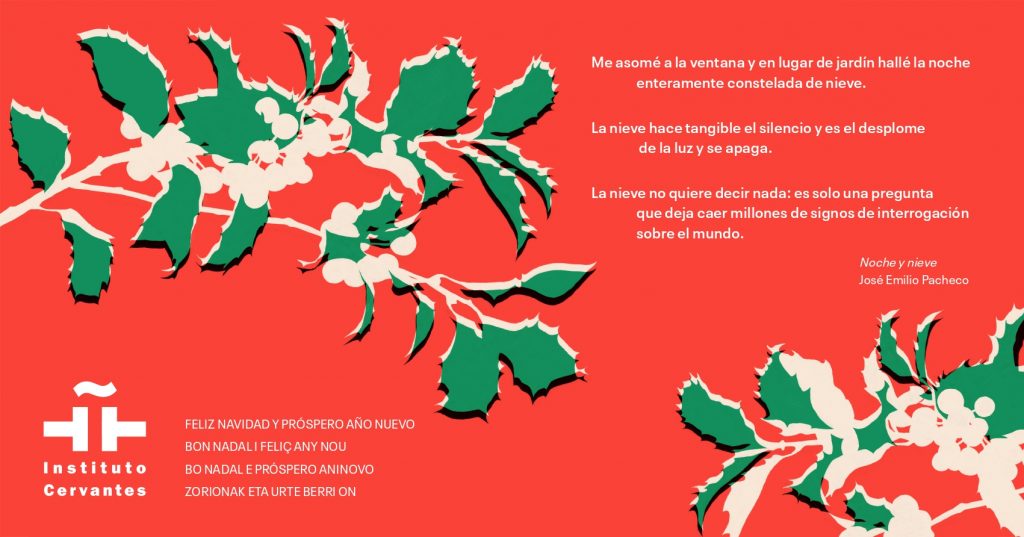
La Reina de España inaugura en Granada la Reunión Anual de Directores del Instituto Cervantes que «fijará las estrategias de futuro»
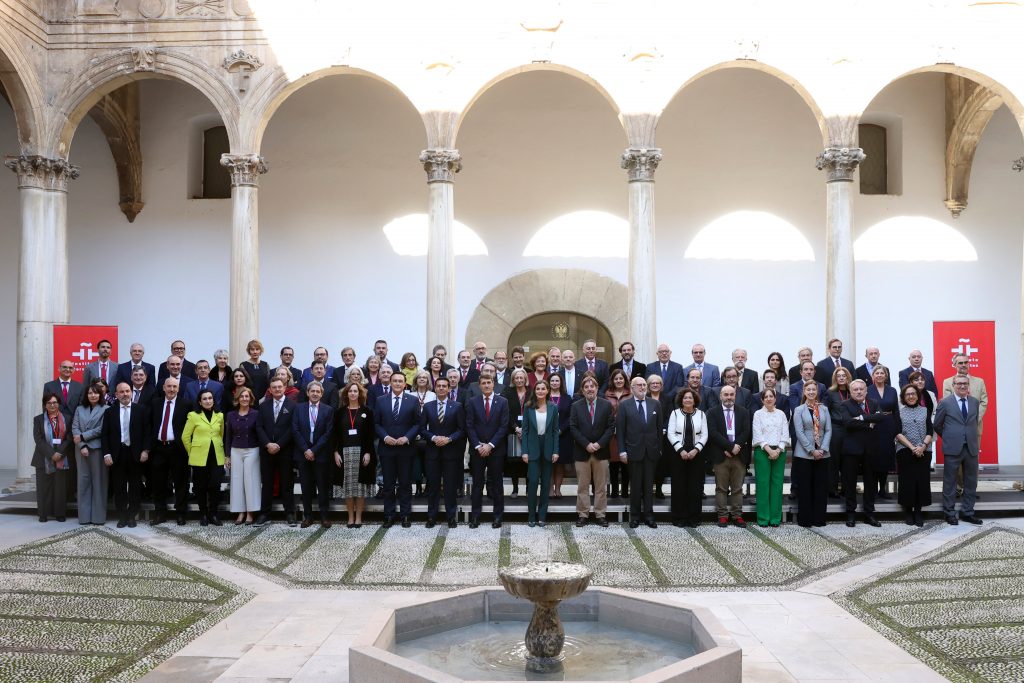
La Reina de España, Doña Letizia Ortiz Rocasolano, inauguró este lunes en la Universidad de Granada la Reunión Anual de Directores del Instituto Cervantes, en la que los máximos responsables del organismo en España y en todo el mundo establecerán las estrategias de cara al futuro para divulgar la cultura en español y la enseñanza internacional de nuestra lengua.
Solo seis días después de inaugurar el centro del Cervantes de Los Ángeles (Estados Unidos), Doña Letizia presidió, un año más, la apertura de la cumbre anual de la familia cervantina. Serán tres días de intensas reuniones en las que analizarán la situación, harán balance del año que se cierra y coordinarán el trabajo en común en todos los centros.
El director del Instituto, Luis García Montero confesó en su discurso su “orgullo de granadino, de universitario y de defensor del español en el mundo”, así como por llevar cuarenta años trabajando por “la paz y la palabra”, en referencia al poeta Blas de Otero, al que conoció aquí en 1976 cuando comenzaba su carrera universitaria, que lo llevaría a convertirse en catedrático de este centro.
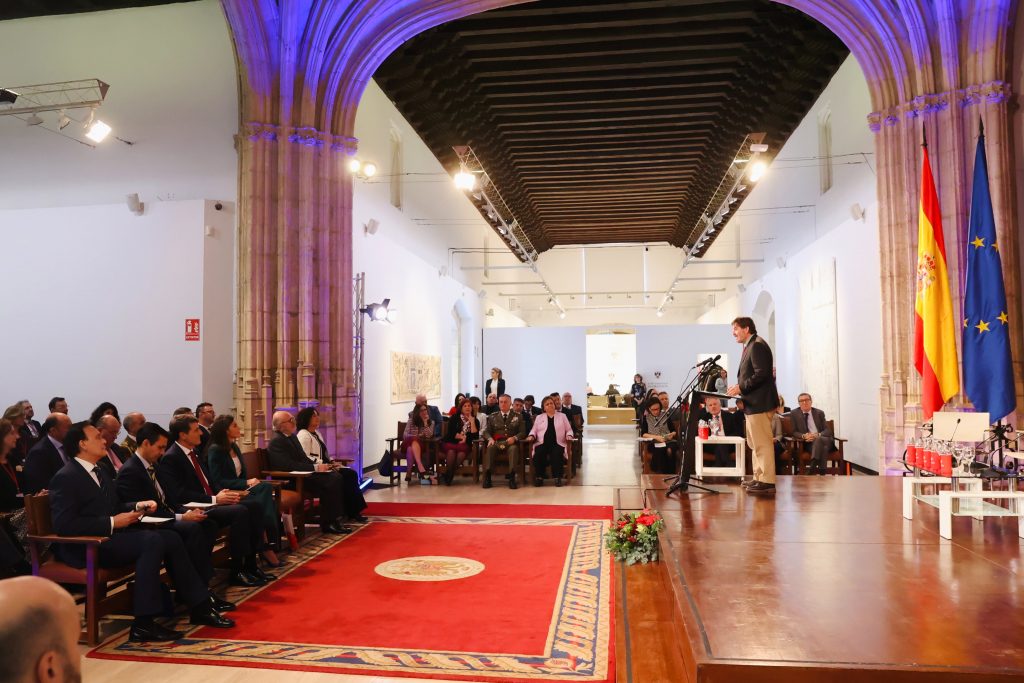
La rectora, Pilar Aranda, destacó que esta es la universidad española en la que se enseñan más lenguas: un total de 27, a través de distintos departamentos y en diferentes niveles (grados, másteres, cursos…). La apuesta por el idioma se evidencia también en sus once centros de español repartidos por el mundo, el trabajo de su departamento de traducción, que facilita que nuestra literatura se entienda en otros idiomas, y los acuerdos con el Cervantes (de cuyo Patronato forma parte) para que sus alumnos realicen prácticas en los centros del Instituto.
El alcalde, Francisco Cuenca, dio la bienvenida a los directores y manifestó su satisfacción por convertir hoy Granada, “ciudad de la cultura y las humanidades”, en epicentro del español, haciendo que la localidad andaluza, “de glorioso pasado y preñada de talento”, acoja los debates de la institución hasta el próximo miércoles.
El secretario de Estado para Iberoamérica y el Caribe y el Español en el Mundo dijo que estas reuniones “son fundamentales para el intercambio de ideas y experiencias” entre directores de centros diseminados por los cinco continentes, así como “un foro esencial para el diseño de las líneas estratégicas de la institución”. Para Juan Fernández Trigo, todo ello es especialmente importante en “un momento clave para el español”, que sigue creciendo en número de hablantes, aunque en próximas décadas lo hará a un ritmo más lento. Hay que “aunar esfuerzos para hacer del español una lengua de prestigio en el ámbito internacional”, en especial, convertirlo en una lengua de ciencia, concluyó.
The 10th edition of FesTeLõn is back
We are delighted to announce that the 10th edition of FesTeLõn will be taking place from 12 – 21st December. FesTeLõn has a great variety of events planned: from plays to theatre screenings, masterclasses, talks and workshops, there’s something for everyone!
In addition, the second edition of FesTeLOFF will be taking place on Sunday 18th December – it is not to be missed!
FesTeLõn full programme of events and tickets can both be accessed on their website. Make sure you get your tickets before they go!
El Retablillo de Don Cristóbal en Cervantes Theatre
8- 9 DICIEMBRE 2022
Este Retablillo de Don Cristóbal, en el Cervantes Theatre, es una fiesta lorquiana donde se mezclan tradición y modernidad. Un experimento teatral, bello y poético, a la par que festivo y gamberro, planteado desde la rigurosidad de las fuentes históricas y literarias. Con el sello inconfundible de Nao d’amores, la poética naif del poeta granadino, y los títeres de cachiporra, se construye esta pieza fresca y desenfadada.
Espectáculo pensado para todos los públicos. Edad recomendada: a partir de 12 años.
Duración: 60 minutos, sin intermedio. En castellano.
8-9 DECEMBER 2022
Lorca’s Retablillo de Don Cristóbal, at the Cervantes Theatre, is a celebration where tradition and modernity mix. A theatrical experiment, born from historical and literary sources. It’s beautiful, poetic, festive and playful. This fresh and carefree piece is built with the unmistakable seal of Nao d’amores, Lorca´s naïve poetics and puppets.
A show designed for all audiences. Recommended age: 12 and over.
Running time: 60 minutes, no interval. In Spanish.
Volunteers needed!

Do you want to practice your Spanish and get some volunteer experience? Volunteer and improve your Spanish at Instituto Cervantes London!
If you want to volunteer or participate in work experience at Instituto Cervantes London, we offer a programme that enables you to practice your Spanish and collaborate in the cultural activity of Instituto Cervantes.
- Library (You will help with the given tasks in the library of the Instituto Cervantes in London, with more than 40,000 volumes specializing in Hispanic culture and language. The library also organises reading clubs, children’s stories and other activities.
- Culture: You can collaborate in the new culture courses, which will begin next year to spread out information on the different areas of Hispanic culture. They will be primarily in English courses, such as cinema, art and literature.
- Culture: Documentation and support of the cultural programming. For next year’s cultural programme, the Instituto Cervantes in London participates and organises different activities in areas such as music, art, literature, design, etc.
- Communications: Collaborate with us in the communication of Instituto Cervantes in London in the media, social networks, strategic partners, etc.
Please fill out this form and we will contact you as soon as possible.
II Festival of Queer Spanish Literature in London
We are pleased to share with you the programme of the II Festival of Queer Spanish Literature in London – FQSLL. Happening from Wednesday 23 to Saturday 26 November at various venues across London and online.
The II Edition of The Festival of Queer Spanish Literature in London – FQSLL is a meeting point for readers, writers and people interested in LGBTI+ culture in Spanish and in any other language spoken in Spain and Latin America.
The festival’s objectives are:
- Promote Spanish LGBTQI+ studies in the United Kingdom
- Share the latest queer literature written by Spanish and Latin American writers in the United Kingdom
- Remember the roots of queer writing and support the recovery of writers who were subject to censorship and suppression
- Launch some of the latest LGBTQI+ books published in Spain during the past year
- Support new voices in queer poetry and queer theatre
- Build connections between British readers and queer literature written in Spanish and Catalan by promoting their English-language translations
- Build relations between Spanish writers & editors and their British colleagues for potential future literature translations
